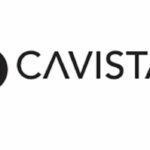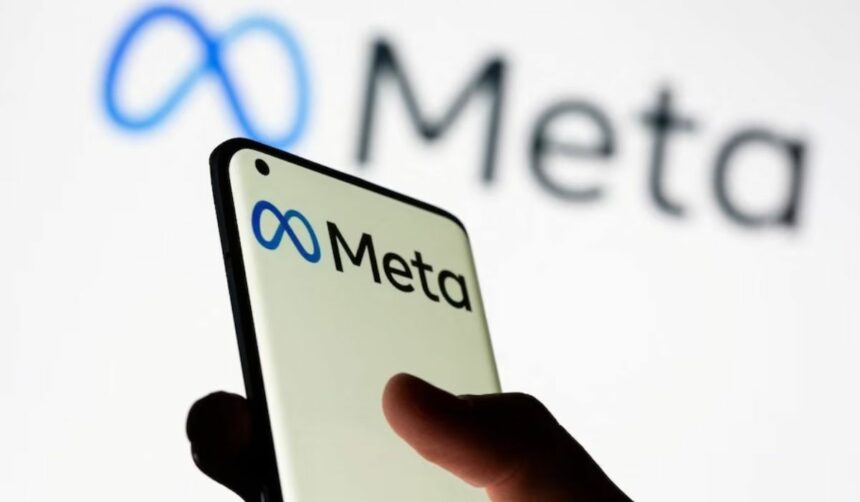In an attempt to overtake OpenAI, the leader in the generative AI industry, Meta Platforms unveiled early versions of its most recent large language model, Llama 3, and an image generator that updates images in real-time while users input instructions on Thursday.
The models will be incorporated into the Meta AI virtual assistant, which the business is marketing as the most sophisticated of its unmatched free-to-use solutions.
The assistant will be given more prominent billing on Meta’s Facebook, Instagram, WhatsApp, and Messenger apps in addition to a new standalone website, to directly compete with Microsoft-backed OpenAI’s breakout product ChatGPT.
This development coincides with Meta’s intense efforts to deliver generative AI products to its billion-plus consumers, hoping to surpass OpenAI as the industry leader in this space.
This work includes restructuring the computing infrastructure and combining disparate research and product teams.
Although it was previously exclusively available in the US, Meta AI is now being made available in English in the following countries: Australia, Canada, Ghana, Jamaica, Malawi, New Zealand, Nigeria, Pakistan, Singapore, South Africa, Uganda, Zambia, and Zimbabwe.
More languages and countries will be added soon. Although this broader release brings Meta AI one step closer to someday reaching the company’s more than 3 billion daily users, it’s a far way from Zuckerberg’s pitch of a genuinely global AI assistant according to inside sources.
In terms of performance, Meta characterises the new Llama models—Llama 3 8B, which has 8 billion parameters, and Llama 3 70B, which has 70 billion parameters—as a “major leap” above the Llama 2 8B and Llama 2 70B, the previous generation Llama models.
According to Meta, Llama 3 8B and Llama 3 70B, which were trained on two specially constructed 24,000 GPU clusters, are two of the best-performing generative AI models on the market right now for their respective parameter counts.
We earlier reported that the central data authority for the European Union declared that sites like Meta, the owner of Facebook, cannot charge customers for data privacy when they provide ad-free subscriptions.










